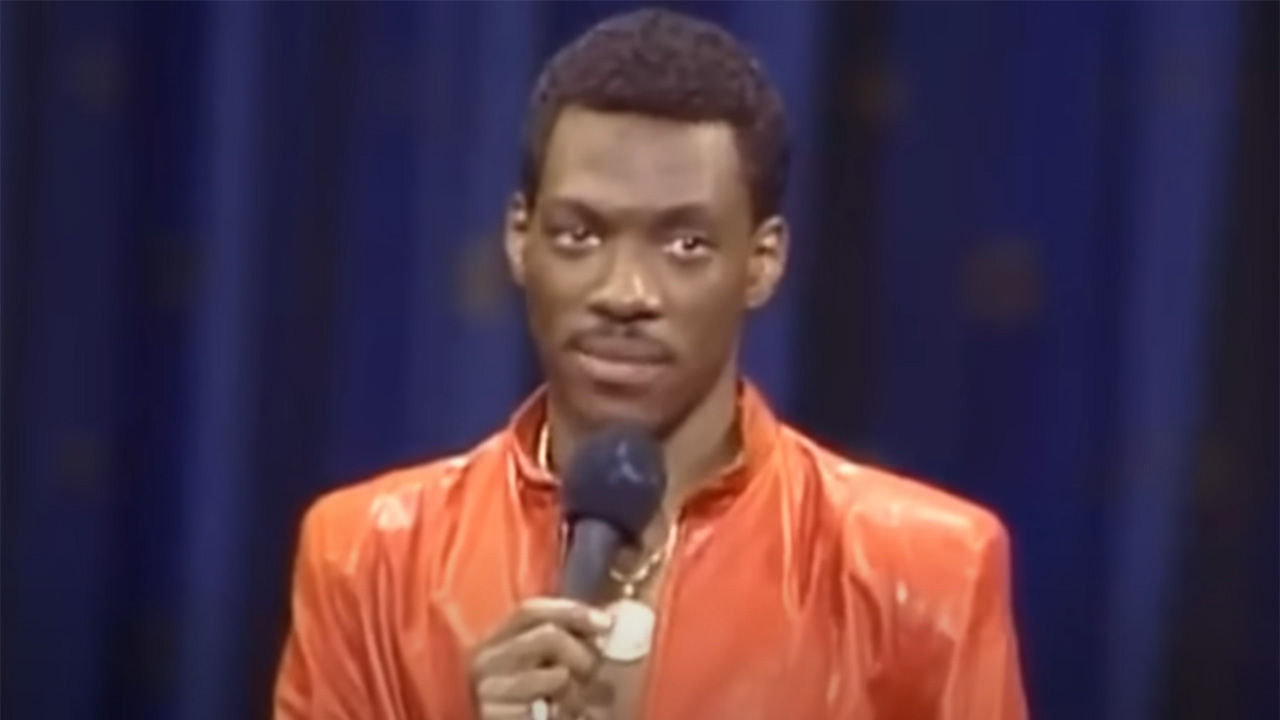The Hunt Ending Explained: What Is The Truth Behind Manorgate?
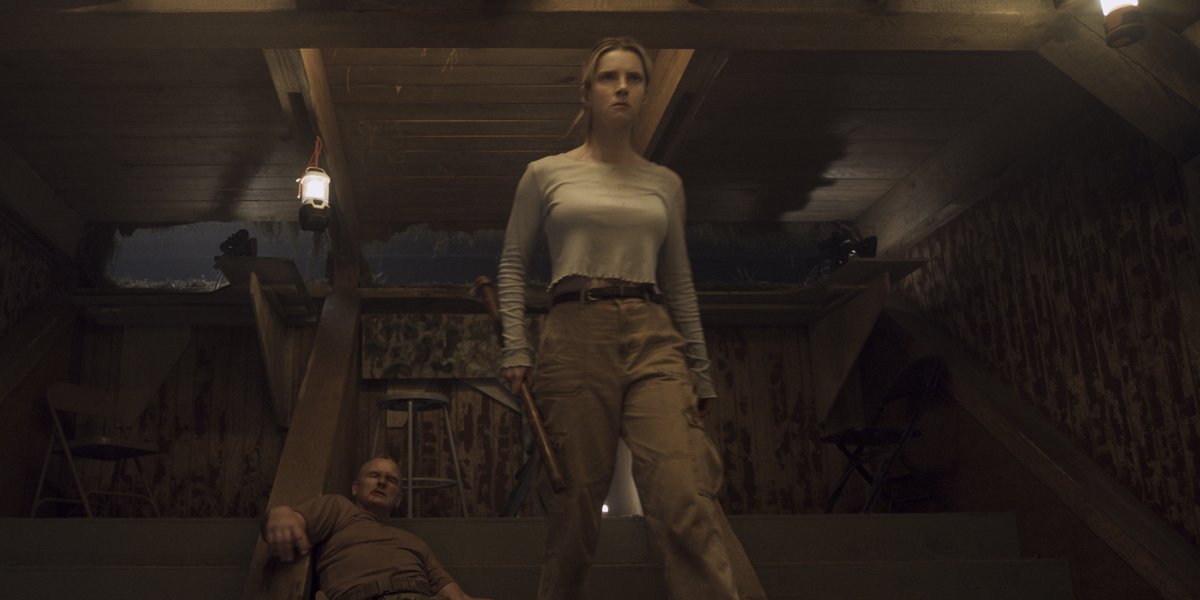
SPOILER WARNING: The following article contains massive spoilers for The Hunt. If you have not yet seen the film, please proceed at your own risk!
While 2020 is still a young year, one of the most controversial titles we’ll see is now playing everywhere. Craig Zobel’s The Hunt was originally supposed to come out last fall, but conversation surrounding the movie wound up growing so heated that the release was delayed (despite the fact that nobody had actually seen the finished film at that time). Now, about six months later, the film is playing on the big screen, and now that we’ve finally seen it, we can tell you that it comes packed with a wallop of an ending.
So what happens at the end of The Hunt? What are all the big questions asked and answered? To sort through it all, we’ve put together this handy guide, and without further ado, let’s dive in!
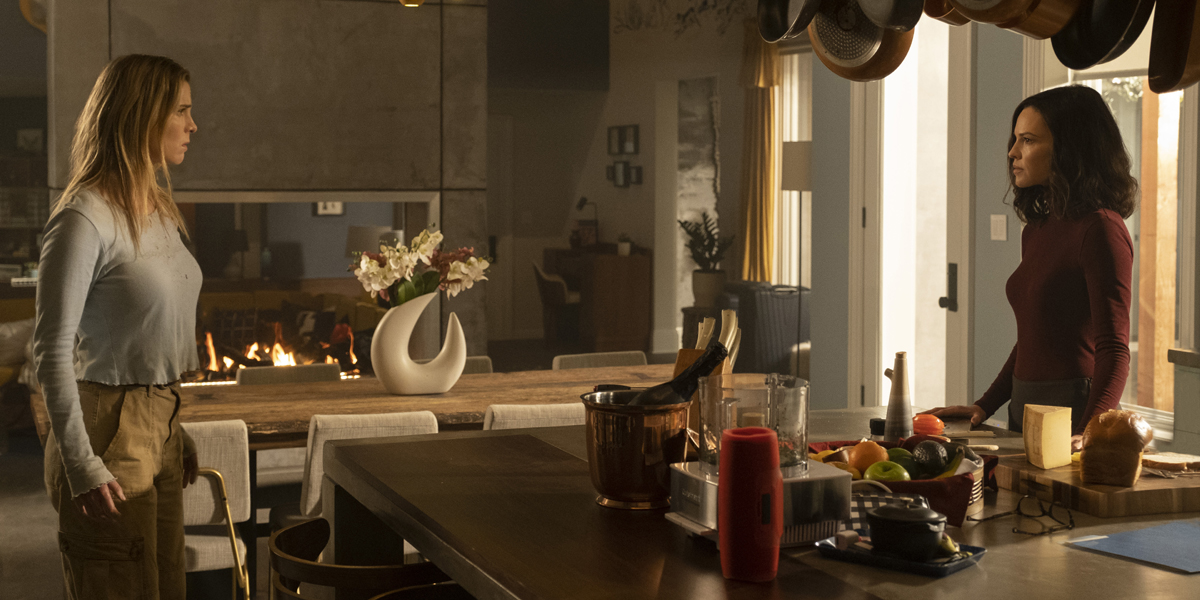
What Happens At The End Of The Hunt
The third act of The Hunt begins with a flashback – specifically one that reveals big bad Athena (both literally and figuratively). Taking us back a year, we watch as Athena is confronted by a pair of associates in her office who are there to deliver some seriously bad news: she is being terminated. A text chain between herself and a few like-minded CEOs was revealed to the public via a hack, and a controversy exploded as a result – with special focus centering on an exchange regarding “slaughtering deplorables” at a manor. Despite it all just being a joke, and Athena not even owning a “manor” (simply a new house in Vermont), the noise surrounding the situation was loud enough for her to be ousted from her position.
Eventually everyone on the text chain got fired as a result of “Manorgate,” and so Athena and her friends decided to plan some revenge. While there was no actual basis for the original conspiracy, a plot was created to bring the hunt to life in Croatia, with the targets being those who helped amplify the misinformation. This list included the 10 characters introduced and killed over the course of the film, with Betty Gilpin’s Crystal given special designation as “Snowball.”
Bringing the story back to the present, Crystal approaches the house where Athena is staying, and is told that to gain access she needs to deposit her gun in the mailbox. After some initial hesitation, she agrees to the conditions, and she makes her way inside when the gate is opened.
Crystal finally comes face-to-face with Athena in the kitchen, where the former CEO is preparing some lunch. As she advocates for cooking grilled cheese sandwiches with gruyere and cutting tomatoes with bread knives, she lays out Crystal’s entire history leading up to her writing an expletive-laden post online about Athena under the name Justice4Yall.
Your Daily Blend of Entertainment News
After a brief debate about the reality of “Manorgate,” the second twist is delivered: Crystal claims that they kidnapped the wrong person, and that she’s not the person who trolled Athena online. This isn’t news that the antagonist easily digests, and the two women begin their final showdown.
The battle takes them all around the house, with some glass-smashing also taking them outside at one point, but ultimately they end up in the living room where they are both able to deliver what seem like fatal blows to each other. As they lie bleeding together, sure that death is coming, they have two final conversations spurred by questions they have for each other.
Crystal questions why Athena called her Snowball, and it’s explained that it’s a reference to George Orwell’s “Animal Farm” – which is also why there was a pig named Orwell roaming the estate during the hunt. This response earns some incredulity from Crystal, who argues that Athena herself would make a better parallel to the idealist pig… though Athena can only act with surprise that Crystal was familiar with the novel at all.
Athena then asks Crystal for the truth regarding whether or not she was really Justice4Yall, but once again our protagonist denies it (“Whoops!”). As Athena dies from her wounds, Crystal realizes that she isn’t as hurt as initially thought and gets to her feet – spotting a jack rabbit in the open doorway (a reference to the twisted version of the tortoise and the hare tale her mother told her as a child). She eats the prepared grilled cheese as she uses a crème brulee torch to seal the wound on her side, and then raids Athena’s closet for a beautiful dress. She puts on a pair of stiletto heels (presumably the same ones that were used for murder at the start of The Hunt), grabs the bottle of century-old champagne, and makes her way to Athena’s private jet, where the flight attendant is stunned to see her.
Taking her seat and preparing for travel, Crystal is offered some caviar, which the heroine offers to share. She then takes a sip of the champagne, and asked how it is she responds, “It’s fucking great.”
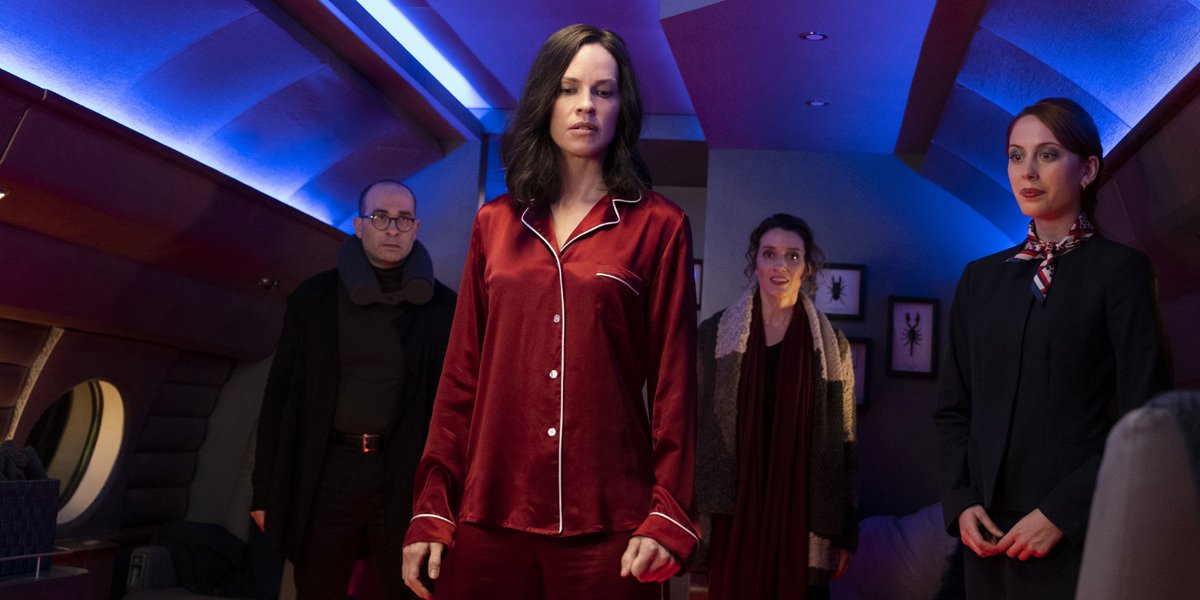
What Is The Truth Behind Manorgate?
From the start of The Hunt, the audience is led to believe that the central premise of the movie is essentially, “What if one of those crazy right wing conspiracies was actually real?” Our primary source of information in terms of background are the hunted characters who clearly believe Manorgate is a real thing, and over the course of the story we watch as rich elites straight-up hunt and kill “deplorables.” Plus, the fact that it’s a piece of fiction means that all rules of our reality don’t have to actually exist.
The truth, however, is far more complicated than that – which is really the whole point that the film is trying to make.
As Athena explains in the flashback and in conversation with Crystal, Manorgate wasn’t actually a real thing until it was manufactured as a conspiracy based on a joke. Theorists with an axe to grind simply interpreted things as they wanted to, creating a false narrative based on minimal facts, and then got loud enough to cause damage to the innocent people at the center of the conspiracy. It was only after all of this and their respective terminations that Athena and her colleagues designed their contrapasso punishment by subjecting the aforementioned theorists to the nightmare that they imagined.
In its own bloody, satirical way, this is how The Hunt gets its point across about some of the clear dangers that exist in our modern world – namely the extreme dangers of distortion and assumption. Thanks to the internet, our society is able to spread news and information faster than any generation before, and while there are tremendous benefits to that, there is also a great capacity for error that comes part and parcel with that speed. As certain details get lost and opinions sway interpretation, chaos can ensue with serious consequences, and the film is an illustration of that.
Armed with misinformation, the Manorgate promoters managed to ruin the lives of the people involved in the text chain, and they faced extreme penalties as a result. That being said, The Hunt also makes it very clear that right wing conspiracy theorists are far from the only ones guilty of this kind of modern age sin.
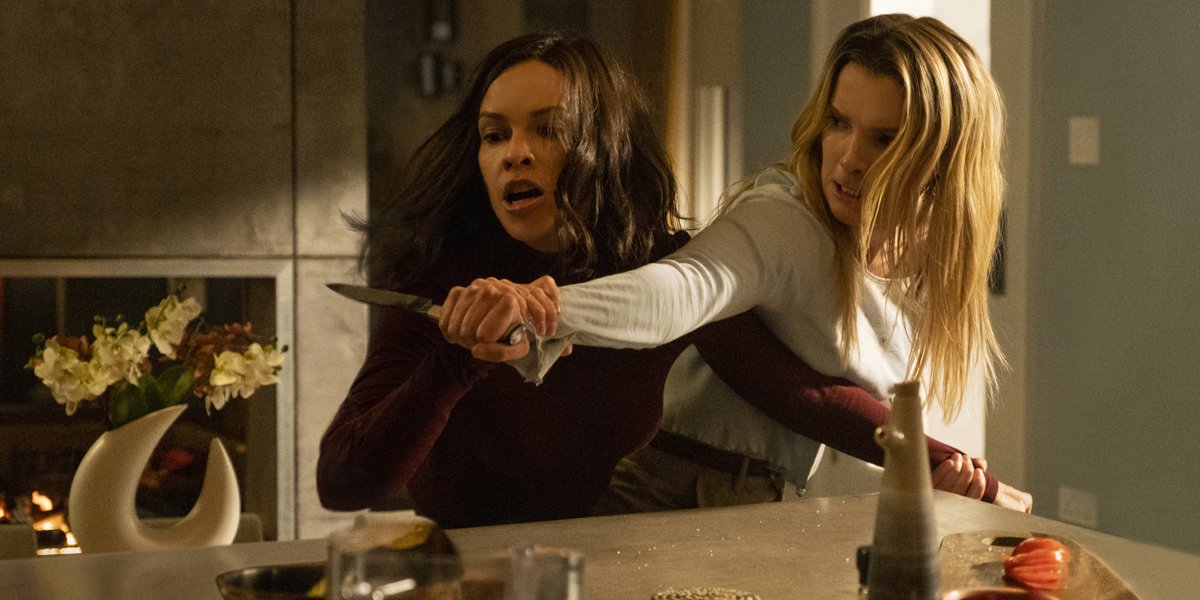
Was Crystal Really The Wrong Target?
Athena and her associates clearly fancy themselves as being clever and righteous in the creation of the “real” Manorgate, but the film throws a nice bit of irony into the mix by revealing that they are guilty of basically the exact same turpitude that they wish to punish. The question of whether or not the group kidnapped the actual Crystal a.k.a. Justice4Yall is ultimately a serious problem from a moral perspective for the antagonists… and it doesn’t really matter if the heroine is telling the truth or not.
If Crystal is actually innocent and didn’t ever post anything online about Manorgate or Athena, then the entire revenge exercise loses its meaning because it means that the elites failed to do the proper due diligence. Just like how the conspiracy theorists failed to properly examine the facts before jumping to conclusions, the rich CEOs may have made an error in their research and punished the wrong person for no reason. Given their murderous tendencies, they never really have the moral high ground anyway, but the circumstances certainly do create a legitimately level playing field.
Earlier this month I sat down and spoke with director Craig Zobel and co-writer Nick Cuse about the ending, and this is what they had to say both about Crystal’s survival in The Hunt, and the question of whether or not she is telling the truth about her identity:
As noted in the video, the end of The Hunt is indeed meant to be open-ended to a certain degree – but at the end of the day it doesn’t really matter given that even the existence of the question causes the entire moral argument for the liberals to falter.
What did you think of The Hunt’s ending? Did you appreciate what it had to say? Hit the comments section to let us know your thoughts, feelings, and opinions, and stay tuned here on CinemaBlend for more of our coverage of the film.

Eric Eisenberg is the Assistant Managing Editor at CinemaBlend. After graduating Boston University and earning a bachelor’s degree in journalism, he took a part-time job as a staff writer for CinemaBlend, and after six months was offered the opportunity to move to Los Angeles and take on a newly created West Coast Editor position. Over a decade later, he's continuing to advance his interests and expertise. In addition to conducting filmmaker interviews and contributing to the news and feature content of the site, Eric also oversees the Movie Reviews section, writes the the weekend box office report (published Sundays), and is the site's resident Stephen King expert. He has two King-related columns.
